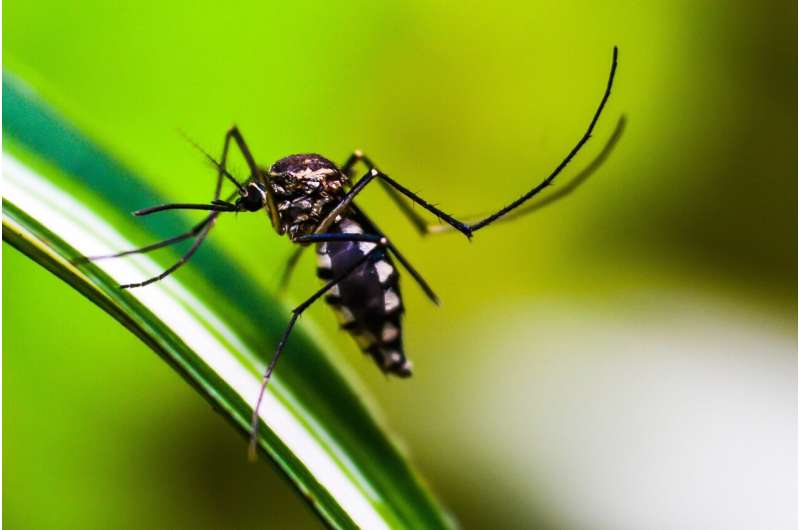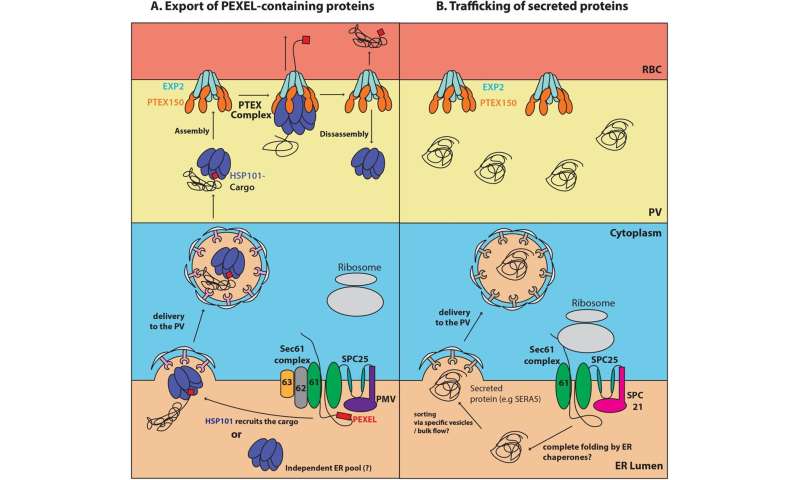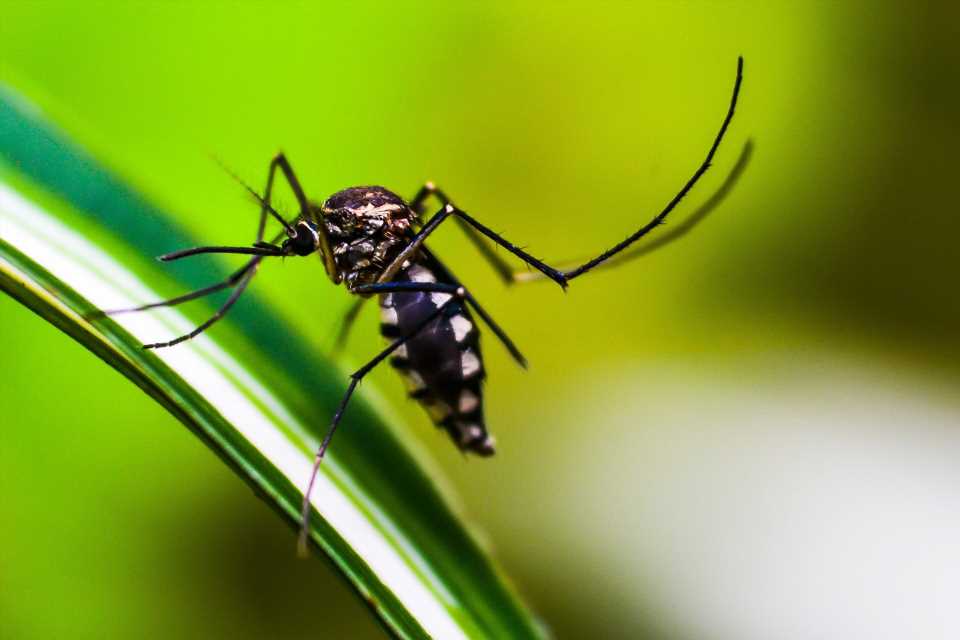
Research being conducted by Burnet scientists is helping to develop new drugs to combat malaria, which is becoming resistant to existing drugs.
The research paper, published in the journal PLOS Pathogens is part of broader global efforts to eradicate malaria, a devastating disease that primarily targets children.
Senior author, Associate Professor Paul Gilson, Co-group Head of Burnet’s Malaria Virulence and Drug Discovery Group said the growing resistance to antimalarial medicines needs to be addressed soon to avoid serious treatment failures in the future.
“It’s only a matter of time before resistance becomes so bad that current measures perhaps become worthless,” Associate Professor Gilson said.
“Current drugs tend to target very similar things. By discovering new targets and developing drugs to these, we can hopefully overcome resistance.
“Our research identifies processes in the parasites that are essential for its survival. And the more we understand about those processes, the better position we’re in to develop new treatments to block those processes.”
Burnet Co-Head Malaria Research Laboratory, Professor Brendan Crabb, Specialist Microscopist Dr. Betty Kouskousis, Dr. Hayley Bullen, and Ph.D. students Mikha Gabriela and Thorey Kolbrun Jonsdottir contributed to the paper, along with researchers from other organizations.

The research, Associate Professor Gilson explains, looked into the nature of malaria parasites, particularly their need to renovate their host blood cells to grow rapidly and to escape the immune system.
He likens the dynamic to an international arrivals terminal that needs more effective security.
“The renovations are carried out by special exported proteins made by the parasite that are only allowed to travel into the blood cell if they have the right passport,” he said.
“We used to think that gateways around the parasite called PTEX acted like immigration officers at the airport only allowing exported proteins with the right passports to pass through.
“What this study now shows is that the immigration officers appear to leave the airport and travel inside the parasites to check the exported protein passports not long after they are first made.
“The officers then pair up with their exported proteins and take them to the airport to let them go straight through into the blood cells.”
Associate Professor Gilson said it’s hoped a greater understanding of how parasite proteins enter and modify their blood cells could create new drugs that block exported proteins from carrying out essential renovations to their blood cells.
Associate Professor Gilson said the COVID-19 pandemic has interfered and set back malaria elimination programs in many countries, which means developing new drugs to combat the disease is even more crucial.
“Many countries only have very limited resources, and it’s estimated that there’s been quite a big increase in the number of malaria cases around the world because so much effort has been diverted to combat COVID,” he said.
Despite COVID-19 stealing away much global attention, Associate Professor Gilson said malaria remains a major issue.
According to the World Health Organization, in 2020 there were an estimated 241 million cases of malaria worldwide, with an estimated 627,000 deaths.
Associate Professor Gilson said there has been significant inroads made in eliminating malaria over recent years, pointing out that 20 years ago, annual death rates were in the millions.
“We can’t let COVID-19 undermine all the great work that’s been achieved over the years, as we aim to one day totally eliminate malaria.”
Source: Read Full Article
